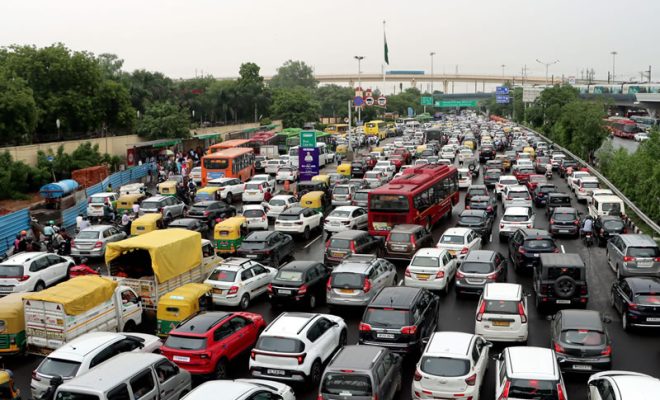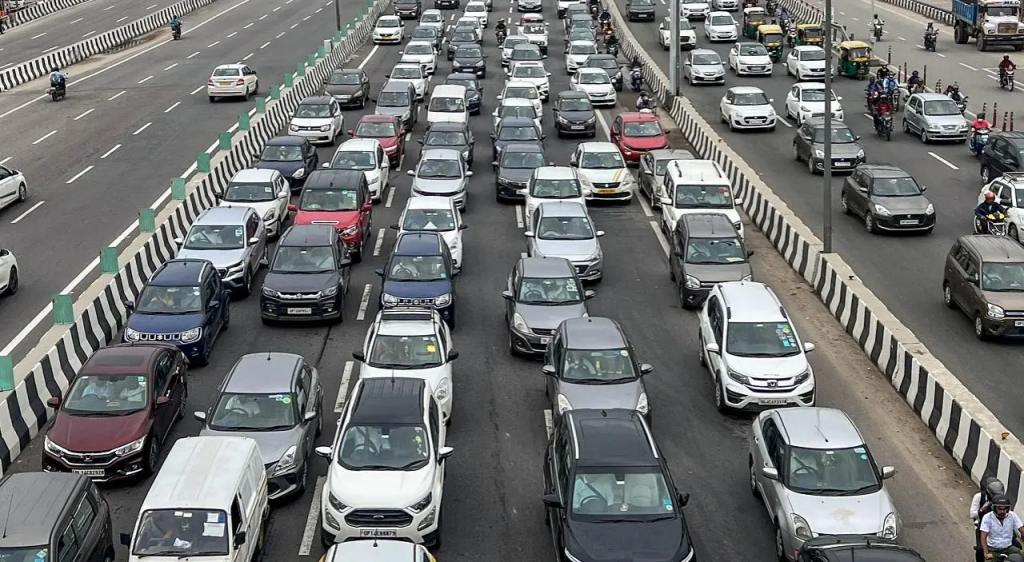$400 Billion Indian Transport Assets at Risk from Climate Hazards

According to a survey, South Asian transport assets valued at about $575 billion including $400 billion in India are vulnerable to climate risks.
Adaptation measures must be implemented quickly to reduce risk to the industry which makes a major contribution to the region’s GDP.
According to a report co-published by the Boston Consulting Group (BCG) and the Coalition for Disaster Resilient Infrastructure (CDRI), the South Asian region is facing a series of economic losses as a result of climate risks.
Specifically delays in transportation have an indirect impact on important sectors like manufacturing, agriculture and services.
The report, Transport Infrastructure Reimagined: Forging Resilient Connections: An Integrated Framework to Unlocking Resilience Dividends for South Asia stated that without strategic interventions the climate risks could halt decades of development progress in South Asia where the frequency and severity of climate events have increased dramatically in recent years. The cost of inaction in this region is also enormous.

Vineet Vijayavargia who is a Managing Director and Partner at BCG said in a statement,
“With $400 billion worth of transport assets in India being severely exposed to the perils of disaster and climate change, rapid deployment of resilience measures is a must; innovation has a major role to play.”
The analysis estimates that as of 2022, South Asian transportation assets valued at around $575 billion are vulnerable to climate hazards endangering a sector that accounts for 4 to 8% of the region’s GDP.
It stated, “These risks extend beyond direct physical damage, as disruptions in transport networks can trigger cascading failures across interconnected economic systems, impacting supply chains, manufacturing schedules, and overall economic output.”
Anirban Mukherjee who is a Managing Director and Partner at BCG added that “India accounting for 80% of the South Asian region’s asset exposure to geo-climatic hazards stands at an opportune moment to avert significant infrastructure losses by adopting an integrated approach to embed resilience across existing and planned projects.”
CDRI Director General, Amit Prothi said, “The climate challenges facing South Asia are immense but so are the opportunities. By reimagining transport infrastructure through a resilience lens, we can unlock significant economic, environmental, and societal dividends for the region.”



